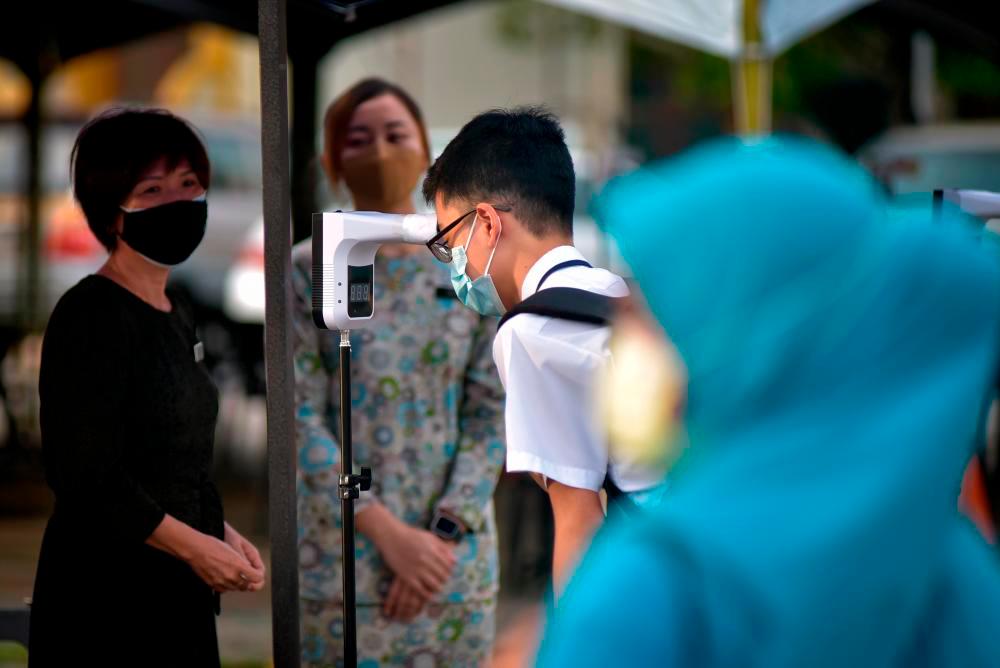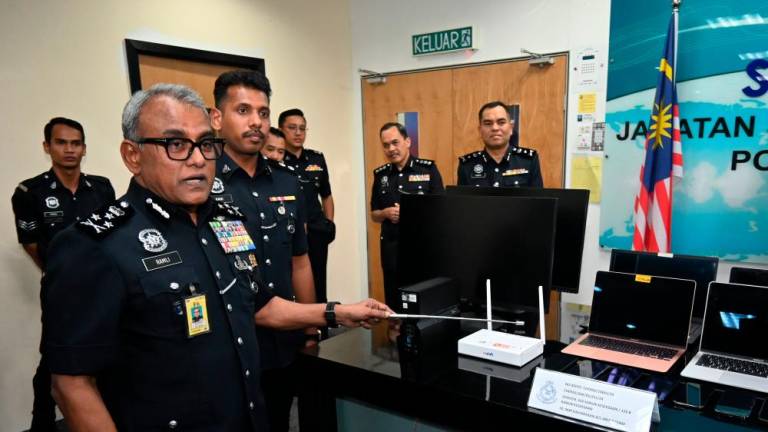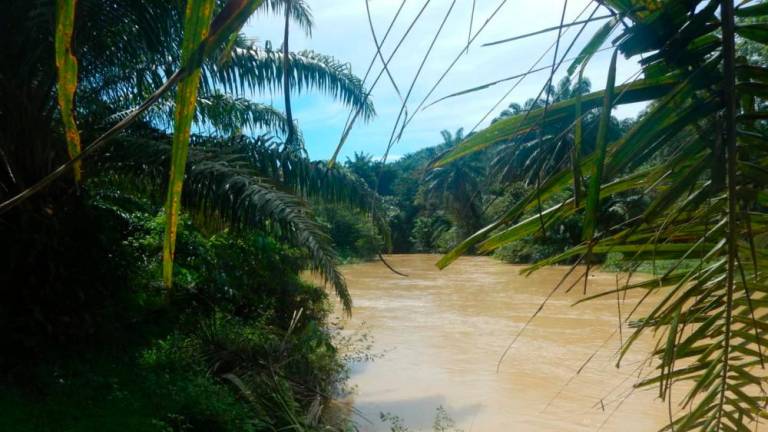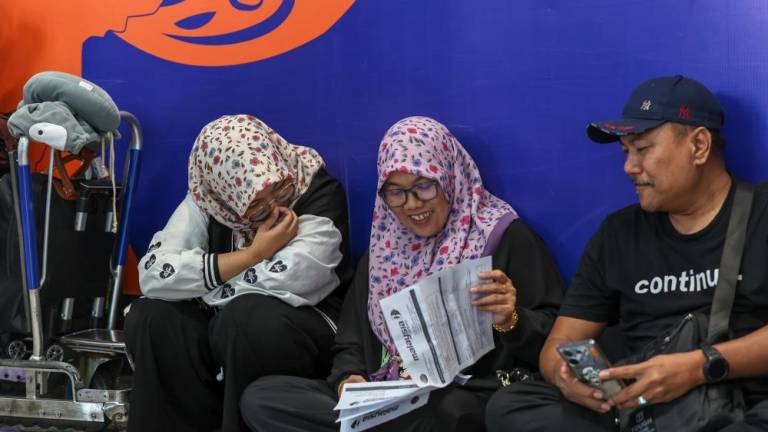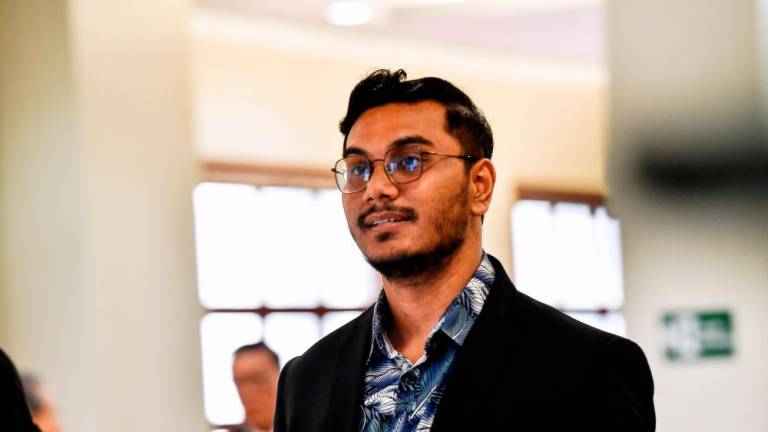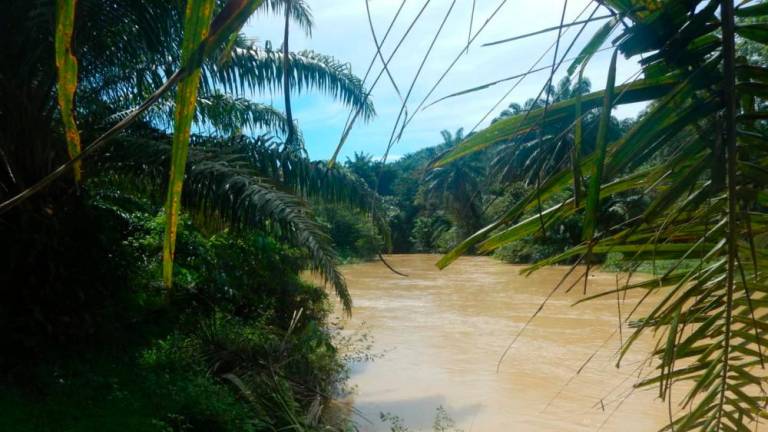THE government, especially the Education Minister (MOE) and Higher Education Ministry (MOHE) should thoroughly study and, if possible, reconsider their decision to open up schools and universities in order to allow some students to study face to face in classrooms or lecturer halls.
On Wednesday, it was reported that sixty-five students from Sekolah Seri Puteri Cyberjaya tested positive for Covid-19.
This is the first time a boarding school in the country has reported this many cases.
We must also not forget that in early November, several student residential colleges at Universiti Teknologi Mara at Lendu in Alor Gajah have been ordered to close for 10 days after a student was found to be Covid-19 positive in the preliminary screening.
As the country is still facing a high number of daily reported Covid-19 cases and with the arrival of the new Omicron variant, serious questions need to be asked, such as whether it is currently safe enough to open up our schools and universities.
With this recent development in Covid-19 infection cases involving our students, it is much better to fully implement online teaching and learning processes for both students in schools and universities.
This process should continue until the time is suitably ripe and safe enough to allow face to face learning at education establishments.
Though there are some problems associated with conducting online teaching and learning, relevant parties can take the necessary steps to make improvements and adjustments to it.
In the meantime, both the MOE and MOHE should immediately initiate a back-up plan, or Plan B, just in case Covid-19 infection cases continue at similarly high rates nationwide over the coming days and weeks.
The reopening of schools and universities has become a burden on students, including their parents, especially when it comes to financial burden.
Parents will need to spend a lot of money preparing their young children for the opening of the new school session.
Meanwhile, university students will also need to spend a lot of money to enable them to come back to their respective campuses and to support their stay on campus.
It would be a great disappointment for all these students and their parents if schools and universities were told to close again for a few days or even weeks after just being allowed to open due to the sudden increase in Covid-19 cases.
As such, it is crucial for the government, especially the MOE and MOHE, to develop a contingency plan to deal with this matter as soon as possible.
Such plans can include the implementation of online teaching and learning, which has been carried out since last year until now.
Everyone in the country must also be mentally and emotionally prepared should they be asked to continue their classes online.
This is very important in order to stop the spread of Covid-19 itself and to ensure the safety and health of our students in schools and universities.
These contingency plans need to be drafted and announced immediately by both ministries, and both students and parents need to be informed of these plans as soon as possible so that they can make all the necessary preparations.
Meanwhile, the government through the MOE and MOHE should draft a comprehensive plan to ensure online teaching and learning in our schools and universities is part of our national education policy, which should be fully and permanently implemented nationwide as it would benefit everyone in the education sector, especially the students.
Though the plan to utilise online teaching and learning has been developed in the country for many years now and implemented in some schools and universities, it has not been implemented and utilised entirely.
It was only when faced with an emergency situation such as the Covid-19 pandemic and the closure of schools and universities during the various movement control orders by the government that everyone was forced to make full use of these modern methods of teaching and learning.
Though there are several complaints and issues when it comes to online teaching and learning, it should not derail our efforts to use these forms of communication as part of our national education policy.
The government should make this part of our national education system, and strengthen and promote its use in our educational sectors.
More money needs to be allocated in this area so that it can become a success.
Our educators and students in schools and universities need to be given enough facilities and more training in order to make online teaching and learning a permanent and successful reality, one that should not be utilised only in cases of emergency such as the Covid-19 pandemic.
Muzaffar Syah Mallow is an associate professor of Faculty of Syariah and Law, at Universiti Sains Islam Malaysia. Comments: letters@thesundaily.com



